Exploring Free Will, Moral Responsibility, and Neuroscience: A New Frontier
At the crossroads of neuroscience, philosophy, and law lies one of the most compelling and age-old debates: the relationship between free will and moral responsibility. It’s a subject that has preoccupied great Christian thinkers, legal scholars, and scientists alike. Is our concept of moral judgment tied intrinsically to the autonomy of our choices? And if neuroscientific experiments can predict our decisions before we consciously make them, how does that affect our accountability for moral actions?
As someone who has often pondered the relationship between empirical evidence and spiritual insight, I find this intersection fascinating. It echoes the tension between doubt and faith that I have personally navigated. Just as in my journey through faith and science, the question of moral responsibility requires us to consider multiple layers of complexity—elements from neuroscience, philosophical reasoning, and even Christian theology.
Neuroscience and the Predictability of Decisions: A Moral Dilemma?
Neuroscience research in particular has raised intriguing questions around free will. In several experiments from as early as the 1980s, scientists demonstrated that they could predict which hand a participant would raise—even before the participant themselves was consciously aware of their choice. These results, compelling as they are, suggest that unconscious brain activity may play a more significant role in our decision-making than we once believed.
Such findings lead us to an essential question: If our actions are predictable through brain activity, how does this challenge the idea of free will and moral responsibility? Imagine an individual who has committed a crime. If brain activity could predict this action based on their neurological patterns, should the person be held morally responsible? Upon this scaffold, neuroscientists and philosophers alike have debated whether predictability undermines the meaning of moral judgment.
| Traditional View | Neuroscientific View |
|---|---|
| Humans have the free will to choose between right and wrong, and moral responsibility is based on these choices. | Our brains may make decisions unconsciously before we’re aware, raising questions about the extent of free will in moral judgments. |
Reassessing Free Will: Philosophical and Legal Insights
However, this narrow view of neuroscience influencing moral decisions has been criticized by philosophers and legal scholars, who argue that these early studies fail to account for “morally relevant” decisions. For example, pressing a button with one hand isn’t the same as deciding between life-altering choices, such as committing charitable acts or crimes.
This deeper dive into understanding morality isn’t necessarily at odds with Christian thought. Much like in Christian doctrine—where free will is essential for moral responsibility—the conversation shifts from simple mechanical predictions to the underlying reasons behind our choices. As St. Augustine once said, “Free choice of the will is the cause of our doing evil.” Yet this must be understood in the larger frame of intentionality, consideration, and the depth of our reasoning.
The Role of Deliberation: Beyond Immediate Reactions
As the research evolves, experiments now focus on more complex moral decisions. A current study asks participants to choose between contributing to different charities, with an added twist: each charity offers an instant tax rebate. Participants must, at various stages, make decisions based on their preferences for altruistic causes (e.g., supporting dolphins or saving trees) or financial gain (i.e., the tax incentive).
Here’s where things get interesting: participants may be asked to focus solely on one reason—whether altruism or financial benefit—while disregarding the other. Neuroscientists study how the brain weighs these competing motives. The results may yield insights into where and when moral deliberation occurs in the brain. Some researchers hypothesize that humans, unlike animals, can reason between multiple factors, making this capacity to balance and prioritize decision-making a critical hallmark of free will.
Does Predictability Undermine Free Will and Responsibility?
One counterargument posed by legal and philosophical scholars is that predictability doesn’t necessarily negate moral responsibility. Imagine two individuals accused of a violent crime: one a repeat offender whose behavior is predictable, and the other a first-time offender whose action defies all prior expectations. Despite the predictability of one individual, both might still be considered equally culpable in the eyes of the law. Predictability, then, does not absolve responsibility. In some cases, we may believe that unexpected actions from otherwise “normal” individuals convey deeper moral ambiguities, suggesting that deliberation and conscious reasoning remain critical factors in moral evaluation.
Interestingly, this notion ties back to my personal experiences facing adversity and illness. There have been moments in my journey where I’ve felt that my decisions—whether large or small—were driven by forces beyond immediate consciousness or impulse. I questioned how much control I had over my choices, and yet, in reflecting scripturally and spiritually, I realized the depth of responsibility I held.
“For it is God who works in you to will and to act in order to fulfill his good purpose.” – Philippians 2:13
Understanding Reasoning and Its Consequences
As the study progresses, neuroscientists are examining not just the outcome of decisions, but the processes happening within the brain during moral deliberations. Exactly where and when do these processes occur? Is the reasoning for action influenced by ecological, emotional, or financial contexts, and how might these differences expose a new understanding of free will?
Much like my reflection on the elegance of mathematical codes in the universe, the intricacies of decision-making, both physiological and spiritual, reveal a greater design. Neuroscience might show us the how behind our brain’s decision-making, but it is through faith, philosophy, and human reflection that we explore the why. Recognizing this complex interplay between biological mechanisms and moral responsibility echoes Christian teachings on the value and purpose of free will—a divine gift meant to guide us towards righteousness.
Reflecting on Free Will Through a Christian Lens
In the context of Christian theology, free will is profoundly intertwined with moral responsibility. Our choices—our deliberations between selfishness and altruism, good and evil—are core to our spiritual journey. Neuroscientific insights, while fascinating, don’t strip us of this responsibility. Instead, they prompt deeper consideration of how we make decisions and offer new perspectives on the complexities of moral evaluation.
Borrowing from previous articles on this blog, such as “Bridging Science and Faith: Understanding Consciousness After Death”, this exploration into the nexus of science and faith provides fertile ground for a more profound understanding of our human nature, particularly the unity of blind impulse and deliberate choice. As we sift through empirical findings, the role of faith and free will in our moral evaluations becomes ever more significant.
Conclusion
The relationship between free will and moral responsibility can indeed be enriched by exploring both the biological mechanisms of decision-making and deeper philosophical and theological insights. While neuroscience may provide tools for predicting actions, it doesn’t erase our spiritual accountability. Understanding that our choices are influenced by both reason and impulse ultimately underscores our moral responsibility, a truth emphasized deeply in Christian faith.
Focus Keyphrase: Free Will and Moral Responsibility
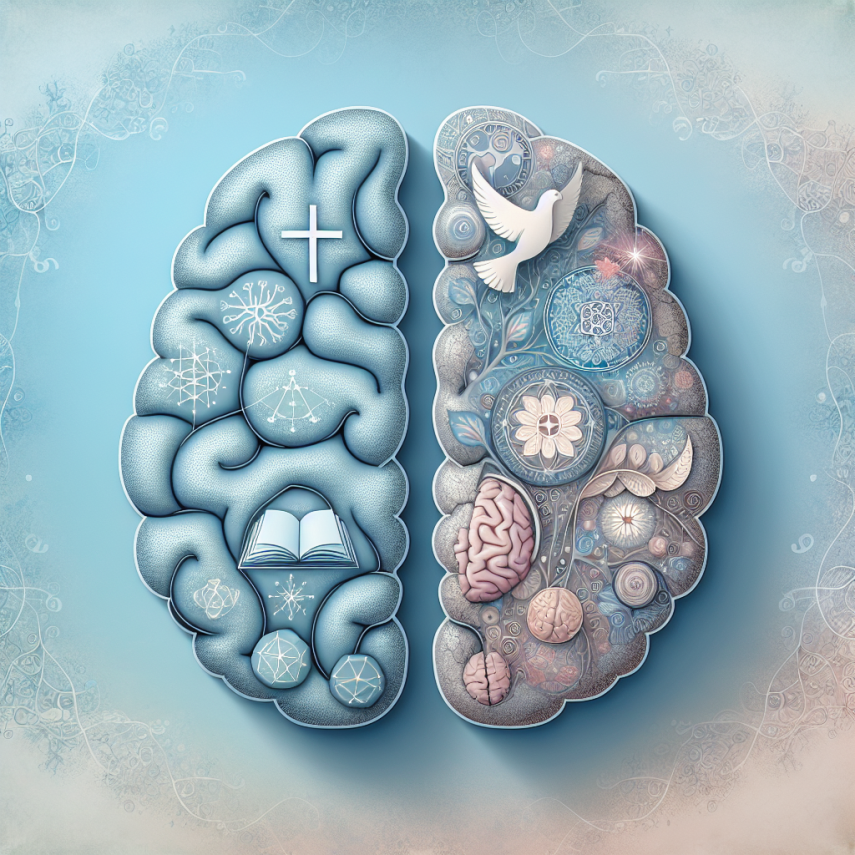
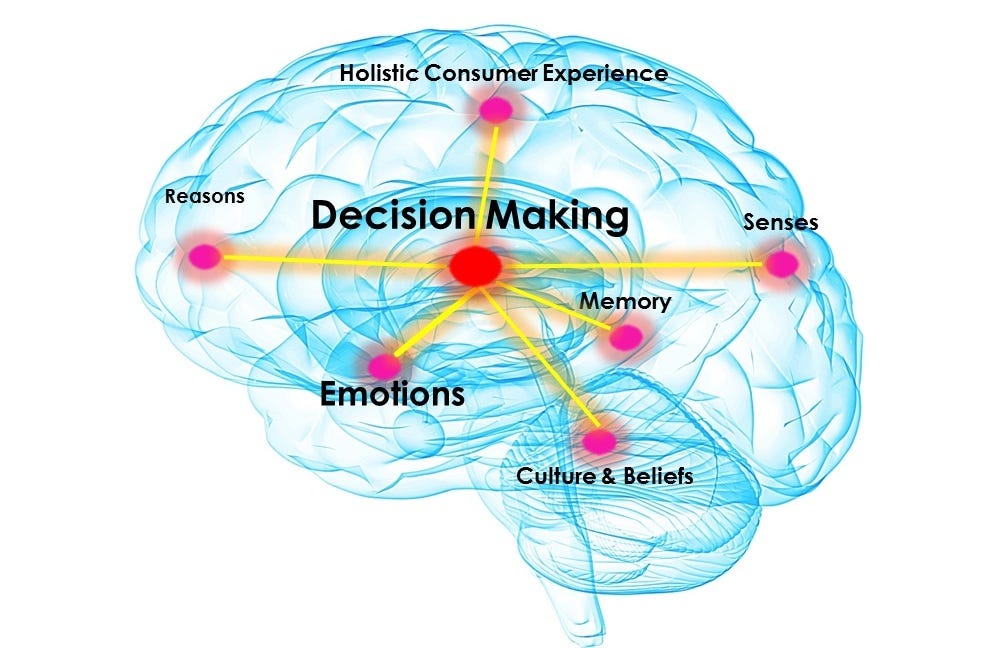
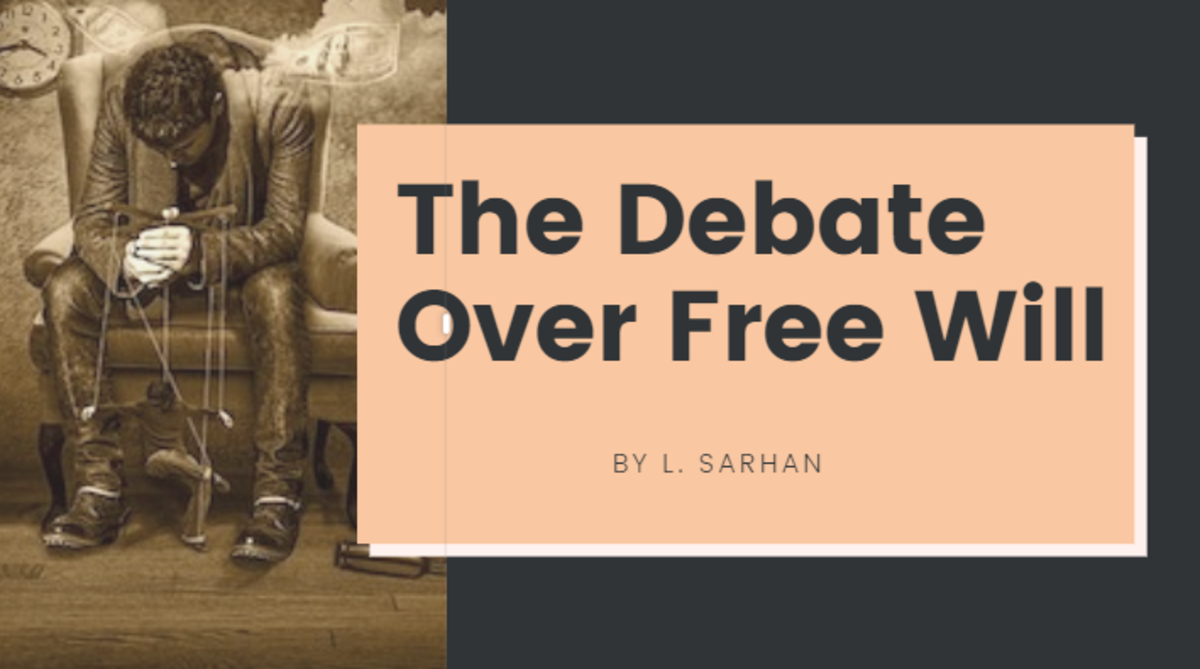

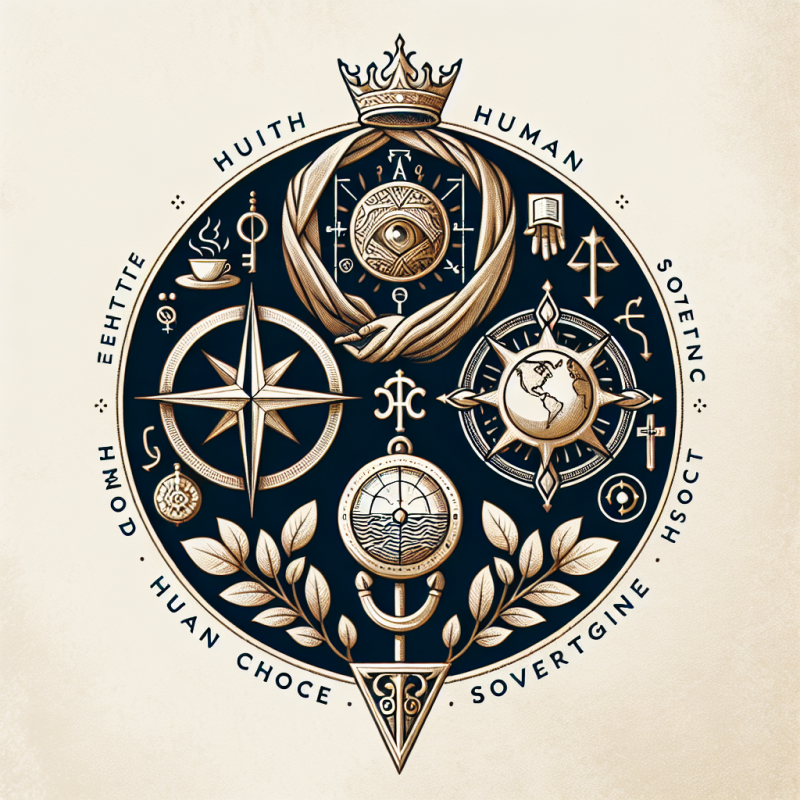
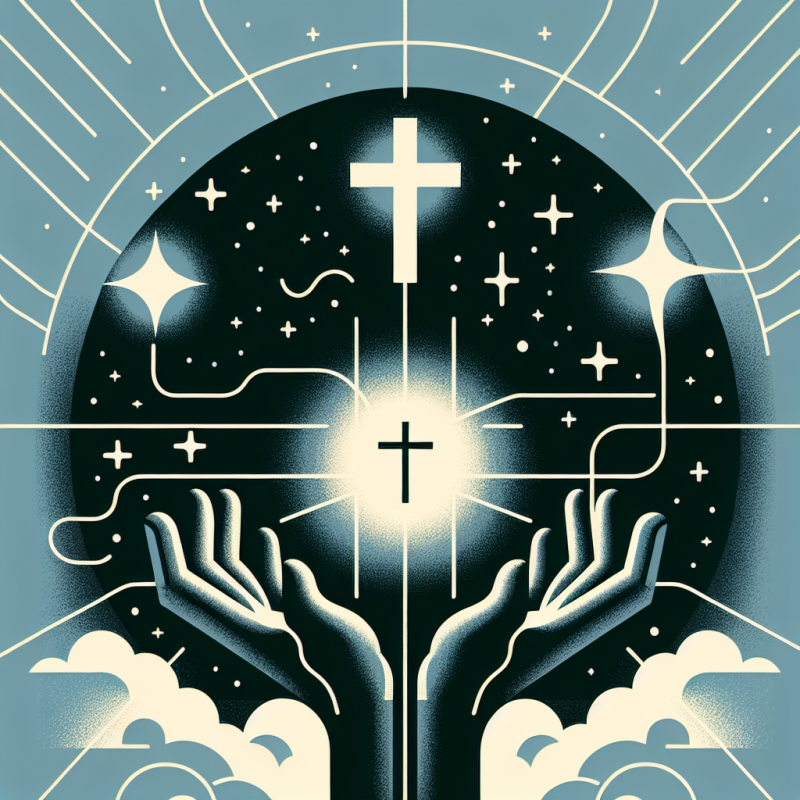
This article beautifully weaves together complex topics in theology, philosophy, and neuroscience. It invites readers to reflect deeply on the nature of free will, framed within both scientific discovery and faith. The insights from Christian thought and modern science prompt me to consider how these ideas have evolved and yet remain profoundly relevant today.
This article delves into the nature of free will and moral responsibility, exploring how neuroscience interacts with long-standing theological debates. It’s a thought-provoking journey for anyone considering these challenging topics. — David M.